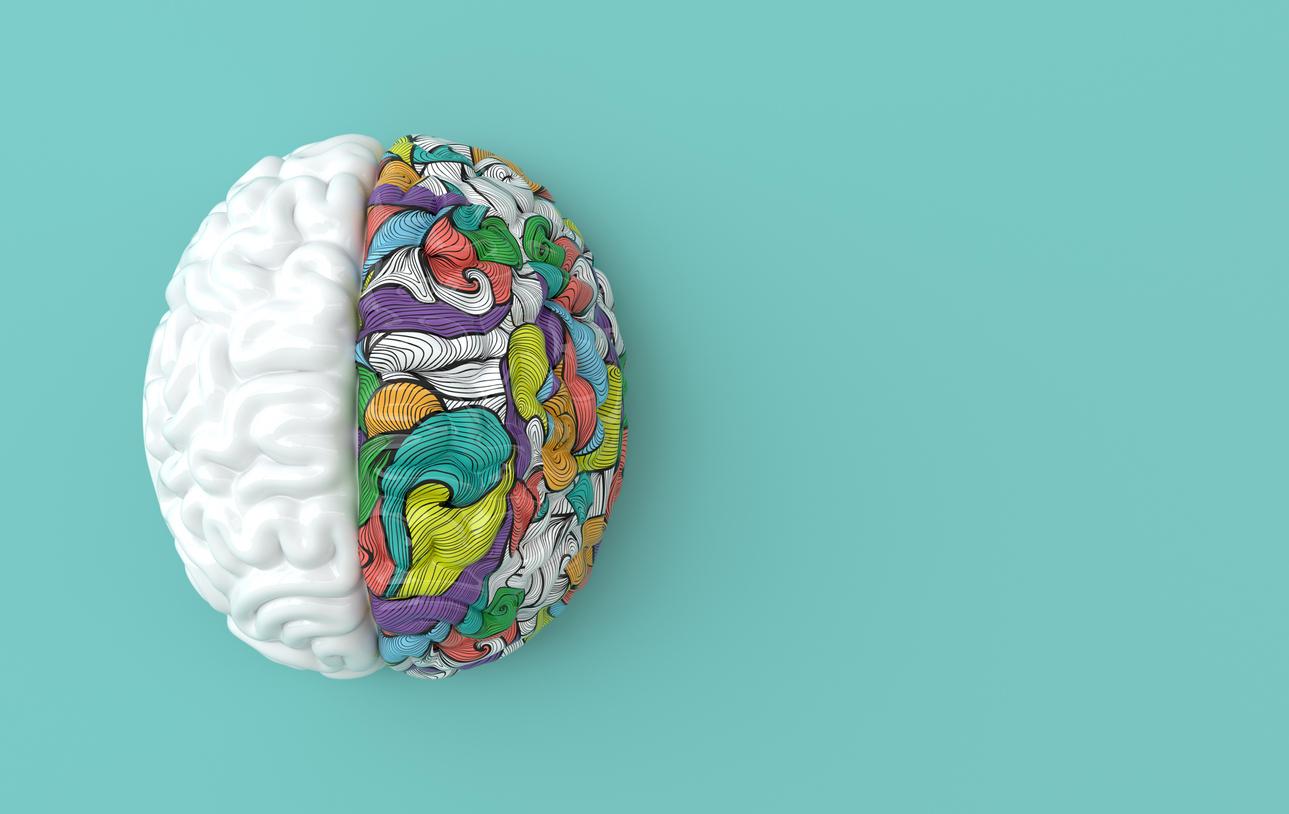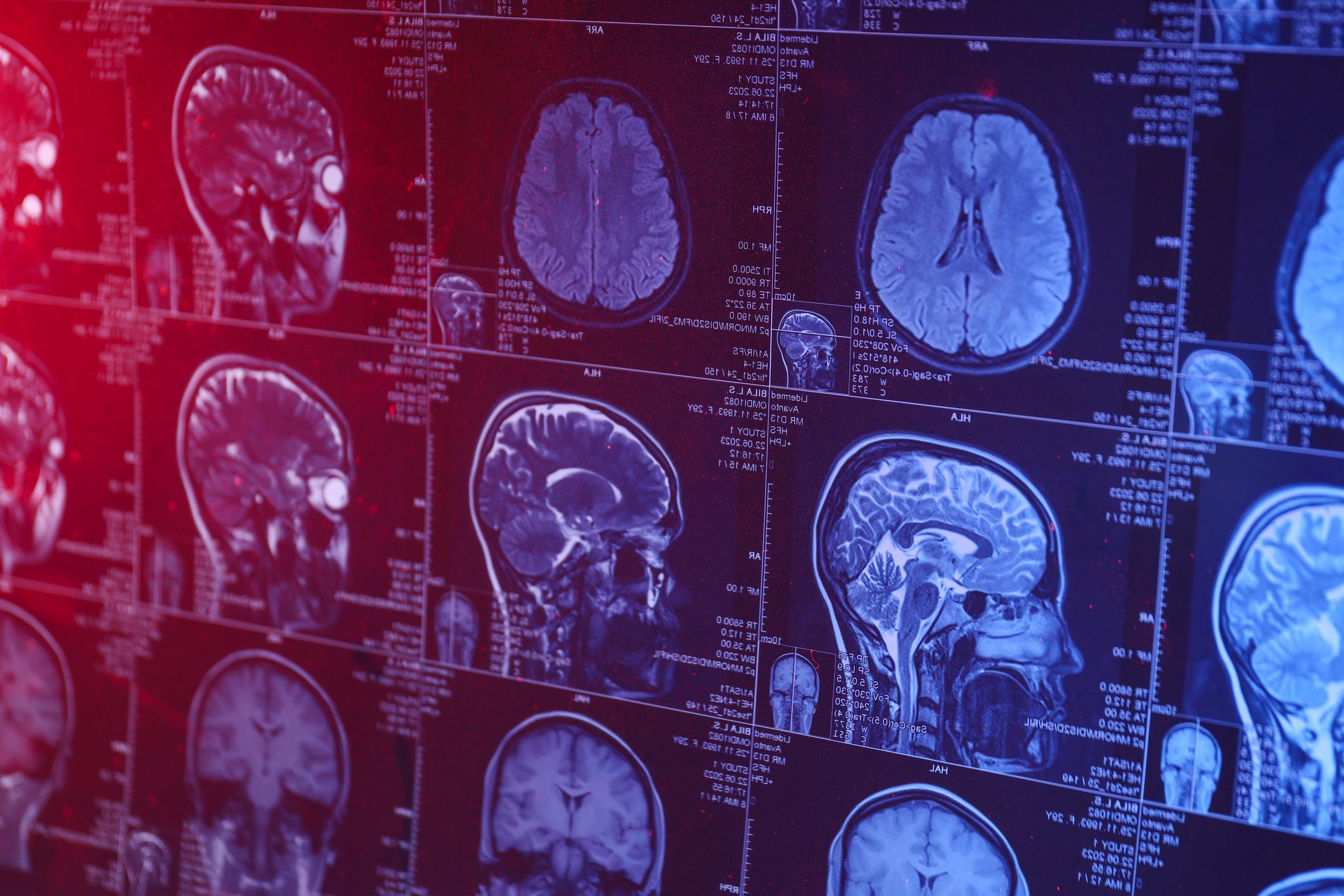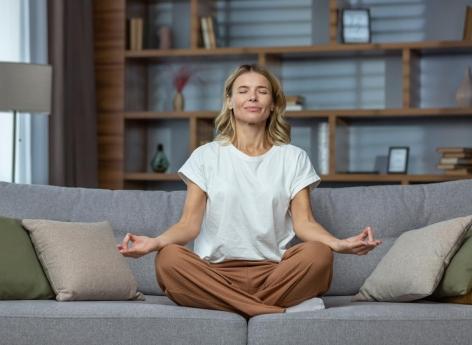Researchers have developed a mobile mindfulness meditation app to help doctors ease their anxiety and burnout.

Already tested by the hospital crisis which has lasted for several years, healthcare personnel are now on the front line of the coronavirus epidemic despite a dismaying lack of means and equipment.
“Healthcare workers are currently under enormous pressure, says Dr. Jud Brewer, director of research and innovation at the Mindfulness Center at Brown University (USA). I‘physician burnout was already reaching significant proportions before the outbreak of this pandemic’but their working conditions have only worsened with the ever-increasing prevalence of coronavirus cases around the world.
That’s why Jud Brewer and his colleagues developed a mobile mindfulness meditation app called Unwinding Anxiety, which they tested on 34 doctors. Their work has been published in the journal JMIR mHealth and uHealth.
10 minutes of meditation per day
The effectiveness of a meditation program had never before been tested on a group of doctors. “Clinicians need effective tools to help them reduce their levels of anxiety and burnoutsays Jud Brewer. Digital therapy is an ideal solution because they can use them in small doses, anywhere, according to their schedules.”
The app in question provides daily 10-minute meditation sessions. Is this enough to succeed in alleviating anxiety? Gen Kelsang Tonpa, Buddhist monk since 2006 and teacher at the Kadampa Paris meditation center, explained to us in a recent interview that it was not the duration, but the repetition that counted. He therefore recommends learning to meditate through short sessions of 5 to 10 minutes and believes that meditating for 10 minutes several times a day is more effective than devoting an hour to it.
57% less anxiety
This app is all about reducing anxiety by helping users identify their negative thoughts and be less sensitive to them, take a step back. Three months after using the app for 30 days, doctors’ anxiety reportedly dropped by 57%.
New tests are planned, but the researchers are hopeful: “The pharmaceutical industry hasn’t released a new anti-anxiety drug for decades and, to my knowledge, none are on the way.explains Jud Brewer. We need effective treatments, especially those that can be widely distributed at low cost. Digital therapeutics is the next wave of treatments.”

.

















